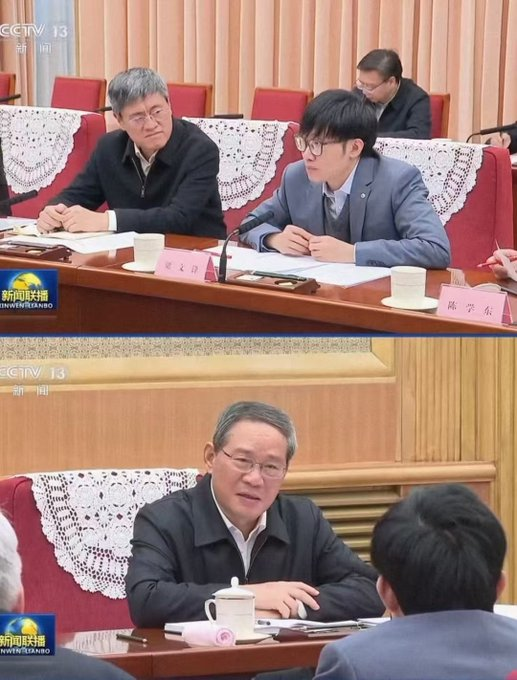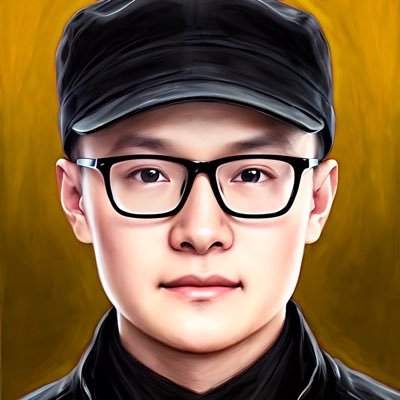DeepSeek founder Wenfeng Liang met Chinese Prime Minister Li Qiang recently. He said in an interview:
(1) Our goal is not to develop generative AI, but to achieve AGI. The former is merely a necessary path toward the latter, and AGI will be realized within our lifetimes.
(2) No AI company (in the short term) holds an overwhelming technical advantage over competitors. With OpenAI paving the way and all relying on public research and code, both large corporations and startups will develop their own large language models.
(3) In the face of disruptive technology, moats built on closed-source systems are fleeting. Even if OpenAI remains closed-source, it cannot prevent others from surpassing it. Our value lies in cultivating our team—colleagues grow through this process, accumulating know-how, and fostering an innovative organizational culture. This is our true moat.
(4) We will not adopt closed-source practices. We believe establishing a robust technical ecosystem is paramount.
(5) The current phase is an explosion of technological innovation, not application development. The barriers to deploying large models will continue to lower. Startups entering the field at any point over the next 20 years will still find opportunities.
(6) For years, many Chinese companies grew accustomed to letting others drive technological innovation, then monetizing applications while waiting passively for Moore’s Law to deliver better hardware and software. Our mission is not to seize quick profits but to push technological frontiers and advance the entire ecosystem. China must evolve from a free rider to a contributor.
(7) Most Chinese companies default to following rather than innovating. What China lacks is not capital but confidence and the ability to organize high-density talent. Our team is entirely homegrown—no overseas returnees. While the top 50 global talents may not reside in China today, we aim to cultivate our own.
(8) We impose no limits on resource or personnel allocation. Anyone can instantly access training cluster resources without approval. With no hierarchy or departmental silos, teams mobilize freely based on mutual interest.
(9) Our hiring criteria prioritize passion and curiosity. Many team members have unconventional backgrounds. For them, the drive to solve research challenges far outweighs financial incentives.
(10) We tackle the hardest problems. What attracts top talent is the chance to solve the world’s most difficult challenges. In China, elite talent remains undervalued—society’s lack of hardcore innovation leaves their potential unrecognized. By pursuing extreme challenges, we magnetize such individuals.
(11) China’s industrial restructuring will increasingly depend on breakthrough innovation. As easy-money opportunities vanish, more will turn to genuine innovation.
(12) I grew up in the 1980s in a fifth-tier Guangdong city. My father, a primary school teacher, witnessed peers dismissing education during the 1990s gold rush. Now, with prosperity harder to attain—even taxi-driving opportunities shrinking—mindsets have shifted within a generation. Society will embrace hardcore innovation when it sees innovators rewarded. We need time and tangible proofs of success. The tide is turning.

From X
Disclaimer: The above content reflects only the author's opinion and does not represent any stance of CoinNX, nor does it constitute any investment advice related to CoinNX.


